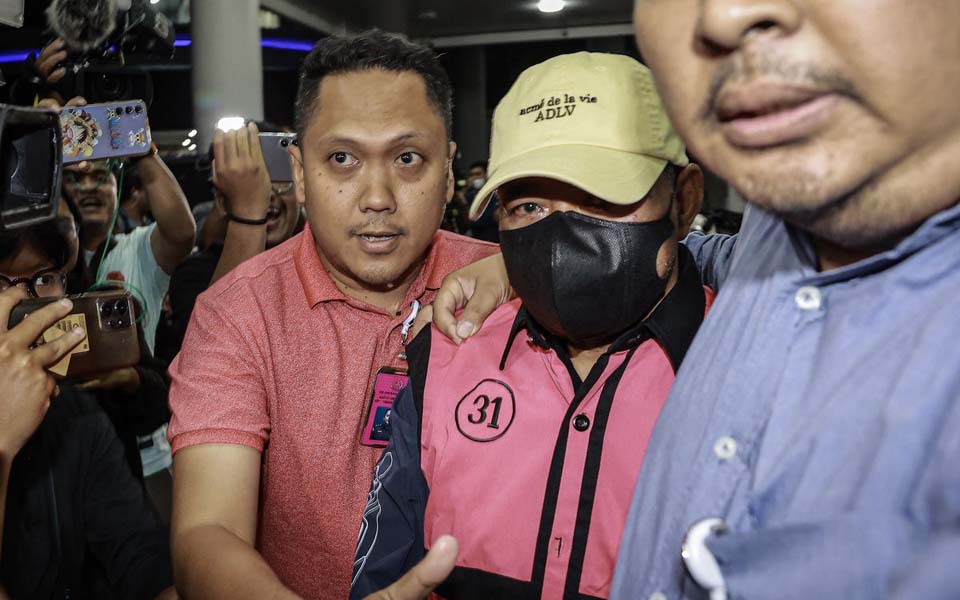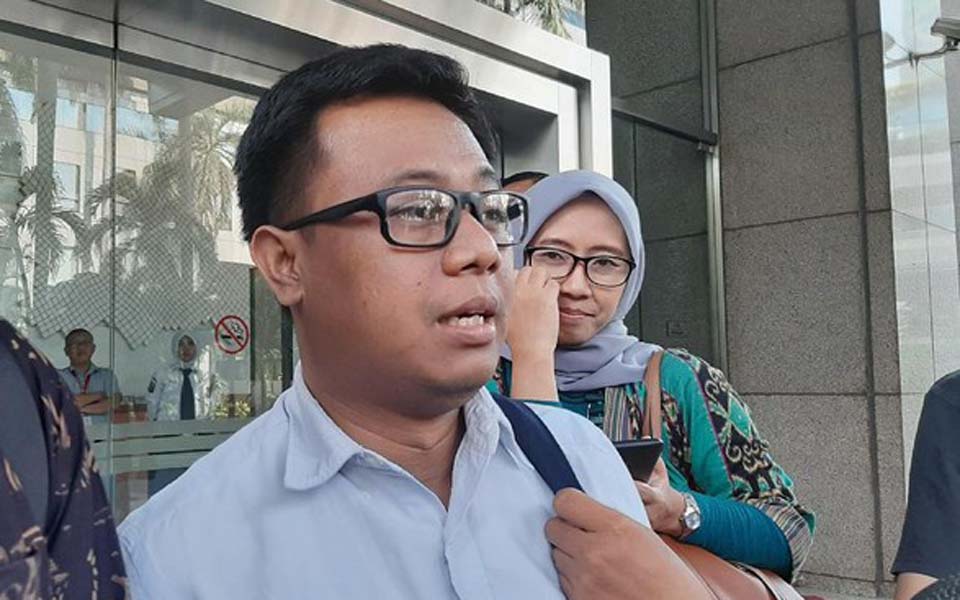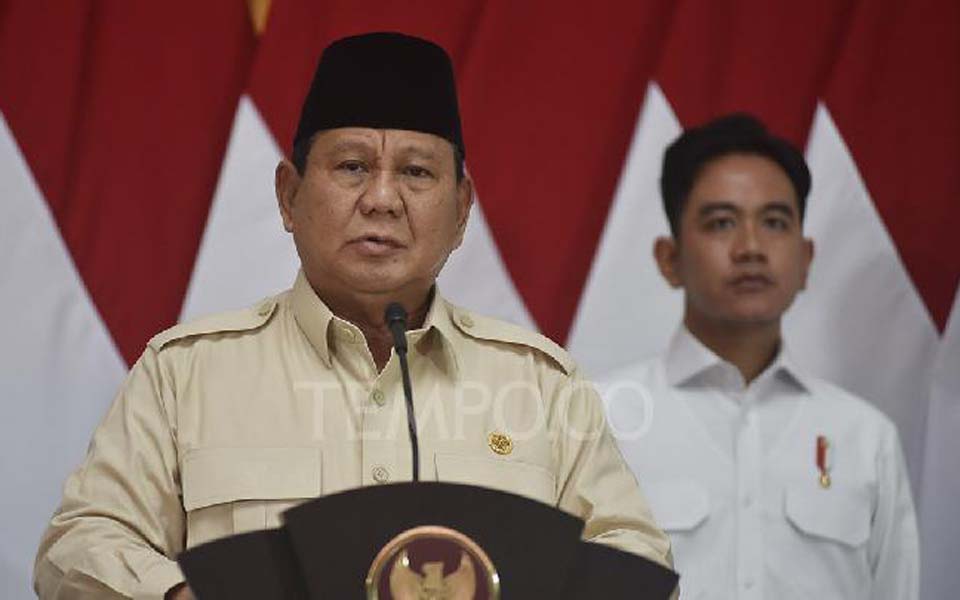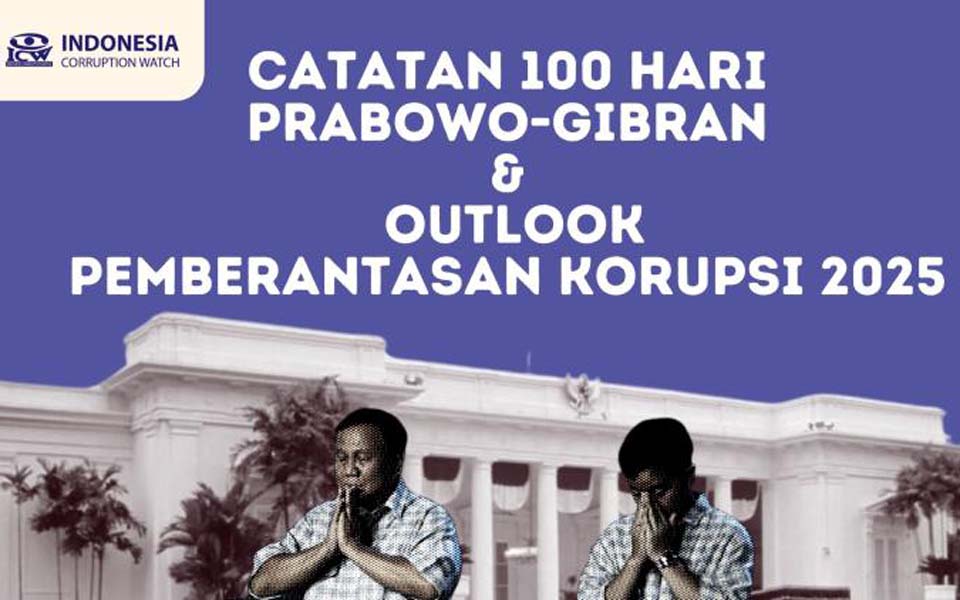Fitria Chusna Farisa, Jakarta – Financial Transactions Reporting and Analysis Center (PPATK) Public Relations Centre Chairperson M Natsir Kongah has revealed that there are indications that there is some 45 trillion rupiah (around US$3 billion) in funds that are the proceeds of money laundering crimes (TPPU).
Some of these funds allegedly flowed to a number of politicians and it is suspected that they were used finance the electoral campaigns of politicians in the 2019 elections (Pemilu), and will be again in the 2024 elections.
"Out of this total the indications of money laundering from green financial crimes comes to 45 trillion rupiah. Where some of this flows to politicians", said Kongah during a Kompas TV One Desk The Forum program on Friday March 17.
"(They were used) in the previous period, the 2019 elections. It is also suspected it is for preparations for the next elections", he said.
Kongah said that the 45 trillion rupiah in funds originated from green financial crime or financial crimes in the forestry, environment, fishing and maritime sectors.
According to PPATK's research, during every election period symptoms emerge of similar crimes with a pattern that is almost identical. "Such as for example providing a permit for digging a mine or land", said Kongah.
The PPATK has already reported these findings to the national police and the Corruption Eradication Commission (KPK) and it is now up to investigators to follow up on the findings.
Supporting Kongah's statement, the PPATK chairperson for 2002-2011, Yunus Husein, also said that there is a pattern of certain crimes that occur in the lead up to each election.
Therefore, it is reasonable to suspect that these illegal finds resulting from crime are flowing to those contesting the elections.
"In the lead up to every election bad credit usually tends to increase, there will defiantly be banks that get robbed, there are definitely scandals like that", said Husein.
Regarding following up on the PPATK's findings, said Husein, it is entirely up to investigators. In this case, the PPATK plays a role like a mid-fielder in a soccer match, providing the bait in the form of findings on financial crimes.
Following this, the bait is processed by the attacking players or strikers, namely investigators from law enforcement agencies.
Husain also confirmed that every indication of crimes discovered by the PPATK will be followed up by law enforcement officials. Then it is up investigators to act upon it.
"The investigation requires time, and usually it's not direct, because finding initial evidence from each element that has allegedly been committed requires time. But if there are indications of a crime the PPATK will definitely [hand it over] to investigators", he said.
Earlier, a similar view was conveyed by PPATK Acting Deputy for Analysis And Investigation, Danang Tri Hartono, who said that at least 1 trillion rupiah resulting from environmental crimes has flowed to the political parties to fund the 2024 elections.
"These GFC (green financial cries) are extraordinary. There are some that reach 1 trillion rupiah (for) one case and where does it flow to, some goes to political party members", said Hartono during a PPATK Annual Coordination Meeting in Jakarta on Thursday January 19.
According to Hartono, environmental crimes like this, with the flow of funds such as this, are not done by independent actors, but rather collectively. "This has already started right now with the preparations in the context of 2024, it's already happening", he said.
[Translated by James Balowski. The original title of the article was "PPATK: Ada Rp 45 Triliun Dana Hasil Kejahatan Lingkungan, Sebagian Mengalir ke Politisi untuk Pemenangan Pemilu".]















